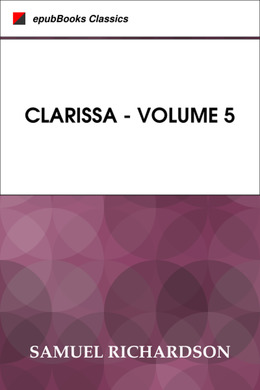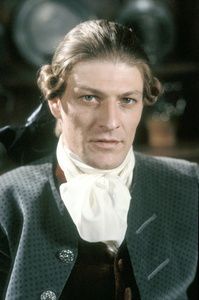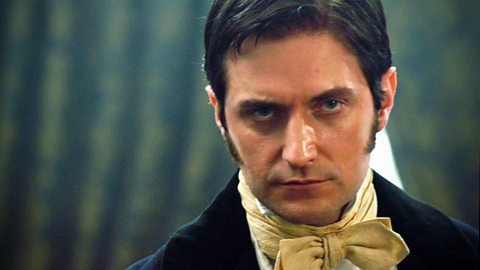
“Your merit is your crime” Anna Howe tells her (74), “You can no more change your nature than they can theirs.” But this intractability is Clarissa’s inheritance from the Harlowes.

It becomes necessary for these death-wishes to be in earnest, as only death could preserve the unblemished state she once existed in.What sets Clarissa apart is what damns her. This is the essential paradox of her personality. She finds that she cannot be “an exemplar” and also be universally loved.

Alongside this, she decries that very exceptionalness that earns her acclaim. We see her wishing for a state in which she is universally loved, a state she once existed in, and that she would eagerly regain. “I have sometimes wished that it had pleased God to have taken me in my last fever, when I had everybody’s love and good opinion” followed by “but oftener that I had never been distinguished by my grandfathersince that distinction has estranged” her from her brother and sister (2). Growing up implies a change of state that she cannot reconcile with her established identity.It is a shock, upon looking again into Clarissa and knowing her fate, to find in her first letter to Anna Howe, among the first things we hear from her, an intimation of her reluctance to live. Clarissa can never be married, as she can never accept its corollary, adulthood. Lovelace’s crime, in a certain sense, is only incidental. There can be no worldly happiness for Clarissa. In defense of this virtue, Clarissa has an almost morbid streak that prefigures her conclusion. Her purity and her virtue are the building blocks of her selfhood, but these elements have been formed in her childhood, and thus are not directly transferable to the exigencies, and duties, of adult life. Her devotion to “the single life” is not only a resistance to an unwanted match, but a refusal to have her purity blemished. Like all young people, she wants happiness but her idea of it is impossible to live, an almost childish fantasy. Though she is an extremely rational heroine, she is not necessarily reasonable. Her death-drive is a fundamental aspect of her character, one present since the very beginning of the book. This heroine can have no other conclusion. Richardson respects the conclusion made inevitable by the very “divinity” of Clarissa’s personality.

Her death serves not only a narrative end in the novel, but the demands of psychological realism.

Clarissa’s death is the inevitable result of her unrealistic, unimpeachable virtue a virtue that is defined less by what she does than by what she will permit. The life suggested by her example is untenable. Only in the afterlife does Clarissa presumably receive what she deserves. In Clarissa, Samuel Richardson finds “an exemplar to her sex.” But her story does not provide a model to live by, as such a qualification may lead one to expect.


 0 kommentar(er)
0 kommentar(er)
